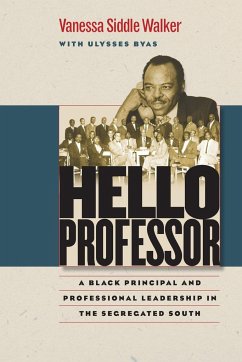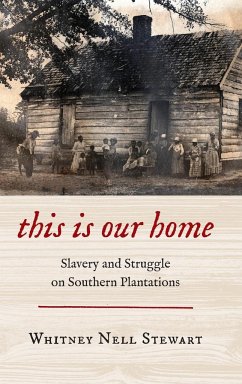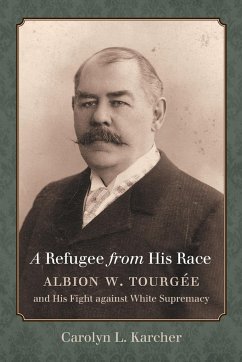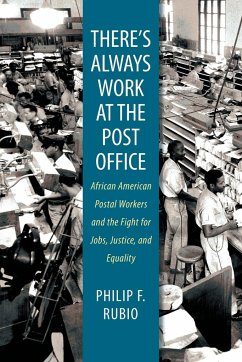Like many black school principals, Ulysses Byas, who served the Gainesville, Georgia, school system in the 1950s and 1960s, was reverently addressed by community members as "Professor." He kept copious notes and records throughout his career, documenting efforts to improve the education of blacks. Through conversations with Byas and access to his extensive archives on his principalship, Vanessa Siddle Walker finds that black principals were well positioned in the community to serve as conduits of ideas, knowledge, and tools to support black resistance to officially sanctioned regressive educational systems in the Jim Crow South. Walker explains that principals participated in local, regional, and national associations, comprising a black educational network through which power structures were formed and ideas were spread to schools across the South. The professor enabled local school empowerment and applied the collective wisdom of the network to pursue common school projects such as pressuring school superintendents for funding, structuring professional development for teachers, and generating local action that was informed by research in academic practice. The professor was uniquely positioned to learn about and deploy resources made available through these networks. Walker's record of the transfer of ideology from black organizations into a local setting illuminates the remembered activities of black schools throughout the South and recalls for a new generation the role of the professor in uplifting black communities.
Hinweis: Dieser Artikel kann nur an eine deutsche Lieferadresse ausgeliefert werden.
Hinweis: Dieser Artikel kann nur an eine deutsche Lieferadresse ausgeliefert werden.








